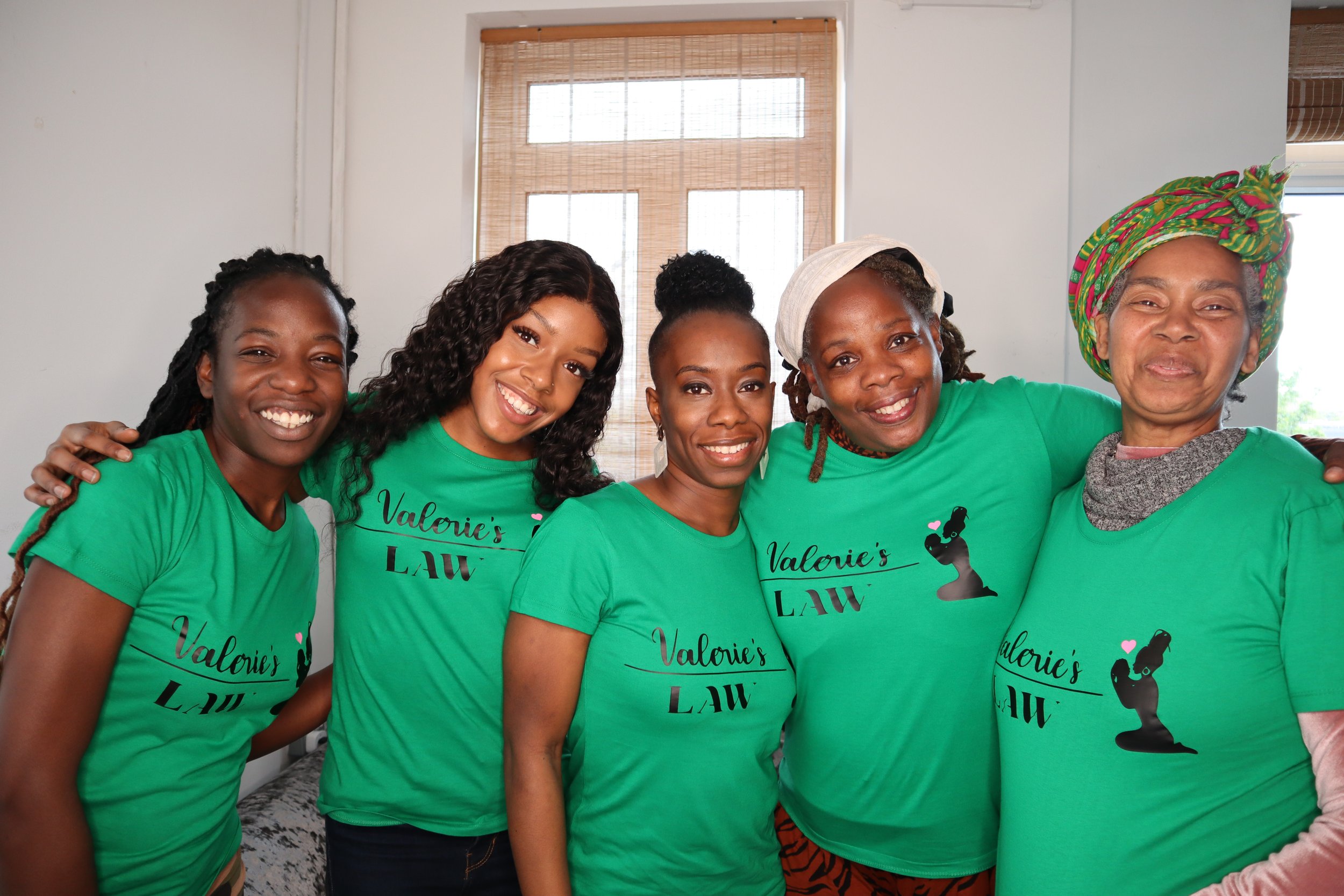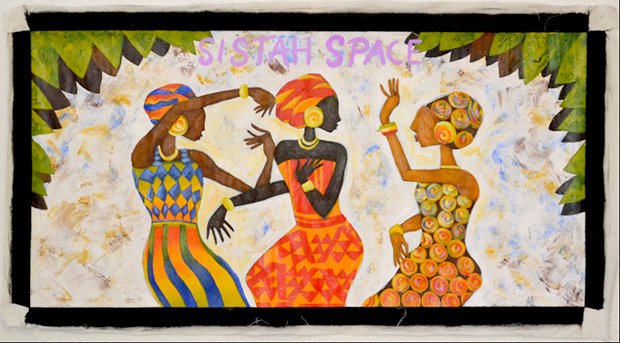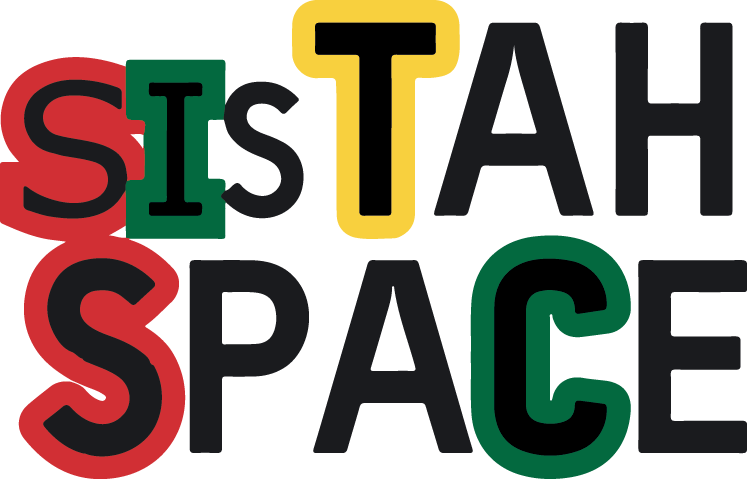

valerie’s law
valerie’s story
Valerie Forde and her 23-month-old daughter were brutally murdered by Valerie’s ex-partner Roland McKoy in 2014. Six weeks prior to their murder, Valerie reported McKoy’s threats to police but this was carelessly recorded as a threat to property rather than a threat to life.Valerie had given her ex-partner until the 31st of March to leave their home for a fresh start for the family in April.Weeks later on March 31st, Valerie phoned her then 28-year-old daughter at work in fear of her ex-partner’s suspicious behaviour in the house. Her daughter ended up hearing on the phone as her mother and sister’s lives were needlessly and violently taken. After hearing the screams and ringing 999 on a coworker’s phone, the police arrived in 6 minutes but left because they had allegedly knocked and no one answered. The police then returned and took over 10 minutes to break down the door. Overall, entry to the home allegedly took 40 minutes since the call to 999 was made. The question remains: had the police entered the home upon initial arrival, would both Valerie and baby Jahzara have lost their lives?As seen in Valerie’s case and with many other domestic violence victims, police officers and relevant agencies have a severe knowledge gap when it comes to the black community and it’s domestic violence victims. As with every culture, the black community has a plethora of colloquialisms, languages and customs within itself that must be acknowledged and understood in mainstream institutions to better protect black women fleeing violence. Government agencies that serve diverse communities have a responsibility to educate their service providers about the people they are designated to protect and not rely on standard White-British customs as the norm. Without a basic understanding of these cultural differences, it is impossible for police officers and service providers to ensure black women are equally protected in the United Kingdom.
Valerie’s Law advocates for mandatory Cultural Competency training that accounts for the cultural nuances and barriers, colloquialisms, languages and customs that make up the diverse black community. Valerie’s Law will enable police officers, relevant government agencies and domestic violence safehouse staff to acknowledge and protect black women in abusive situations through an understanding.The training would equip service providers with basic knowledge, such as: 
1
Black skin complexions vary across an extremely wide spectrum and because of that, not all Black people’s skin will bruise the same as their white counterparts. As such, bruises cannot be used as a benchmark of the scale of an injury or how violent a situation is.
2
Culturally, a threat can be communicated in a variety of ways in Black culture. Colloquially and contextually; the same words said amongst white communities can be and will be shown with very different intentions and received with very different understandings.
3
Risk assessment questions should reflect the cultural environment of black women to better understand the danger they are facing.
4
Common stereotyping and unconscious bias of Black people must be understood and learned so that it is not reflected in a service providers’ ability to help DV victims.
5
Distrust of police officers and government agencies within the Black community due to historic institutional racism that must be recognised and addressed.
WHY IS TRAINING NEEDED?
SUPPORT US.
Cultural Competency training could easily be integrated as a part of service providers’ standard training and would save the lives of thousands of black women escaping domestic violence. Some agencies have already started to implement this, including police stations and hospitals that have received specialist training from our Sistah Space team. If the appropriate cultural training had been in place sooner across all agencies, Valerie and her infant daughter may still be with us today.
To support us in achieving Valerie’s Law, please click the button below to send a pre-written letter to your local MP. Your voice makes a difference!






